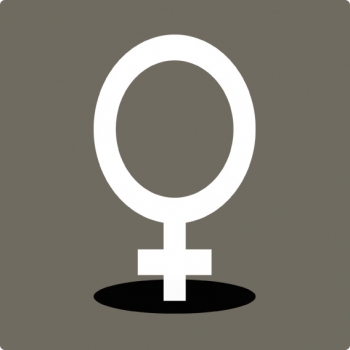

 Bangladesh: Joint UN Programme to Address Violence against Women in Bangladesh
Bangladesh: Joint UN Programme to Address Violence against Women in Bangladesh
Violence against women is a serious social, cultural and economic problem in Bangladesh, where nearly two out of three women have experienced gender based violence during their lifetime, and domestic violence is a common, though largely underreported, occurence.
The Joint Programme was designed to address the issues of VAW in a comprehensive manner through a three-tier strategy:
- Encouraging the adoption and implementation of policies for preventing VAW and protecting victims by enhancing the capacities of the government, improving information and providing support to NGOs and civil society.
- Changing attitudes and behavior of men, women, boys and girls to reduce VAW and discriminatory practices such as dowry, early marriage and trafficking.
- Protecting survivors of gender-based violence with immediate care, relief and rehabilitation through a comprehensive package including the expansion, renovation and improvement of the existing shelter system.
Some key achievements of the programme included:
- Enhanced capacity of Government officials in 11 ministries and many civil society organizations. Increased awareness of existing gaps in the justice system together with recommendations for addressing these, and a better understanding of how to apply CEDAW.
- Strengthening of a culturally sensitive gender approach to healthcare, making it more accessible for women; capacity building for a more adequate treatment for VAW survivors together with linkages to legal support and counseling services. Pilot for a database on VAW which would provide evidence on causes, prevalence and needs to fight VAW in Bangladesh.
- Increased awareness on specific lesser known areas of VAW such as VAW in the workplace, for vulnerable groups such as sex workers or persons infected and affected by HIV/ AIDS. As a result of sensitization, training and advocacy initiatives around gender aspects of the ILO's code of conduct, some large private organizations have introduced complaint/suggestion boxes and formed women-headed committees to address workplace violence against women and sexual harassment.
- The secondary school curricula, teacher training curricula and textbooks were fully reviewed, revised and upgraded using the gender lens by NCTB with support from the joint programme. The final curricula and seven textbooks were printed and distributed to more than 7 million boy students and 7.5 million girl students around the country.
- 1164 elected Union Parishad Women members from 6 districts received training on women's rights and VAW. This resulted in their immediate actions to stop numerous child marriages, provide support for VAW survivors, stop dowry practices and resolve husband-wife conflicts.
- Courtyard meetings were held on internal and international migration, as well as community drama sessions, awareness-raising with communities and parliamentarians on sex workers and victims of trafficking, and community dialogue addressing masculinity using positive deviance.
Click here for more detailed results of the Joint Programmes in Bangladesh.
The Joint Programme in action
JOINT PROGRAMME QUICK FACTS
Programme Dates 09 Apr 2010 - 30 Jun 2013
Net funded amount $7,997,378
Participating UN agencies ILO, UNAIDS, UNDP, UNFPA, UNICEF, UN Women, IOM, UNESCO, WHO
National partners Ministry of Information (MoI), the Department of Mass Communication (DMC); Ministry of Social Welfare (MoSW), the Department of Social Services (DSS); Ministry of Women and Children Affairs (MoWCA), the Department of Women Affairs; Ministry of Religious Affairs (MoRA); Ministry of Youth and Sports (MoYS); Ministry of Health and Family Welfare (MoHFW), the Directorate General of Health; Services (DGHS) and Gender, the NGO and Stakeholder Participation Unit (GNSPU); Ministry of Labor and Employment (MoLE); Ministry of Education (MoE), the National Curriculum and Textbook Board (NCTB); Ministry of Expatriates’ Welfare and Overseas Employment (MoEWOE), the Bureau of Manpower, Employment and Training (BMET); Ministry of Local Government, Rural Development and Cooperatives (MoLGRDC); Ministry of Law, Justice and Parliamentary Affairs (MoLJPA), the Legislative and Parliamentary Affairs Division, and the Judicial Administration Training Institute (JATI), and CSOs



